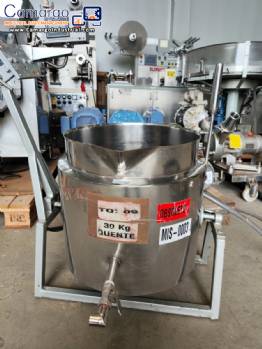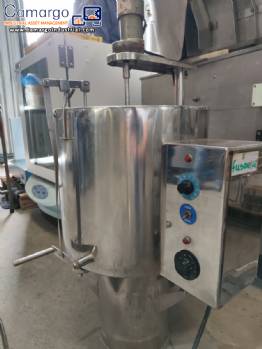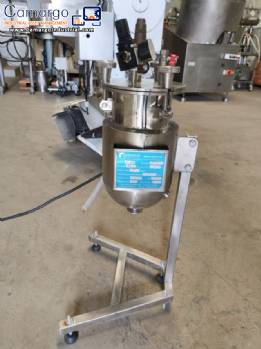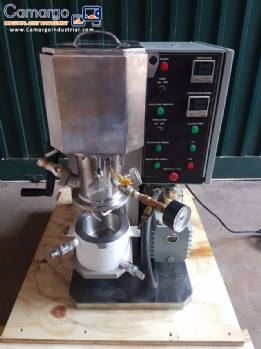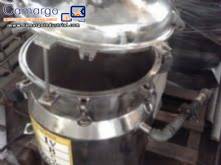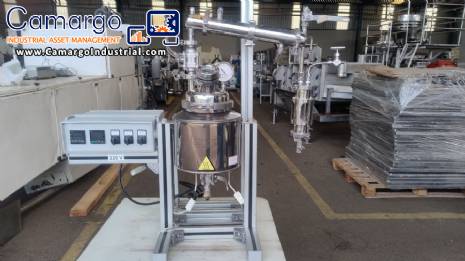A benchtop reactor (or laboratory reactor) is a piece of equipment used in laboratories to carry out small-scale chemical, biochemical, or physicochemical reactions in a controlled and safe manner.
It allows for the study of processes before scaling them up to pilot or industrial levels.
A benchtop reactor is used for:
- Research and development (R&D);
- Testing new chemical reactions;
- Optimizing operating conditions (temperature, pressure, pH, agitation, etc.);
- Studies of kinetics and reaction mechanisms: Evaluating reaction rate, yield, and selectivity;
- Small-scale synthesis of compounds;
- Production of samples for testing;
- Development of bioprocesses: Cultivation of microorganisms, cells, or enzymes;
- Simulation of industrial processes.
Main Industries:
- Chemical Industry: Organic intermediates, Solvents, Surfactants, Polymers and resins, Pigments and dyes, Catalysts, Chemical specialties, Fine chemicals.
- Biotechnology Industry: Enzymes, Microbial metabolites (citric acid, lactic acid, etc.), Microbial biomass, Recombinant proteins, Antibiotics, Vitamins, Biopolymers (e.g., PHB).
- Pharmaceutical Industry: Active pharmaceutical ingredients (APIs), Drug precursor molecules, Vaccines (in early stages), Pharmaceutical intermediates, Injectables.
- Petrochemical and Refining Industry: Synthetic fractions for research, Small-scale fuels, Modified oils, Cracking compounds, Isomerization compounds.
- Catalysis Industry: Hydrogenated, Oxidized, Reformed, Polymerization Compounds, Testing of new catalysts.
- Food and Beverage Industry: Fermented products (beer, wine, yogurt), Food enzymes, Starter cultures for dairy products, Natural flavors, Microbial additives.
- Cosmetics Industry: Active ingredients, Fragrances, Polymers for formulations, Emollients and functional agents.
- Polymers and Materials Industry: New plastics, Specialty polymers, Thermosetting resins, Oligomers and prepolymers.
- Energy and Fuels: Biofuels (ethanol, biodiesel, HVO), Hydrogenated products for advanced fuels, Catalytic reforming products, Synthetic fuels.
- Environmental Area: Small-scale treated effluents, Biological sludge, Degradation compounds, Microorganisms for bioremediation, Biogas from anaerobic digestion. |


